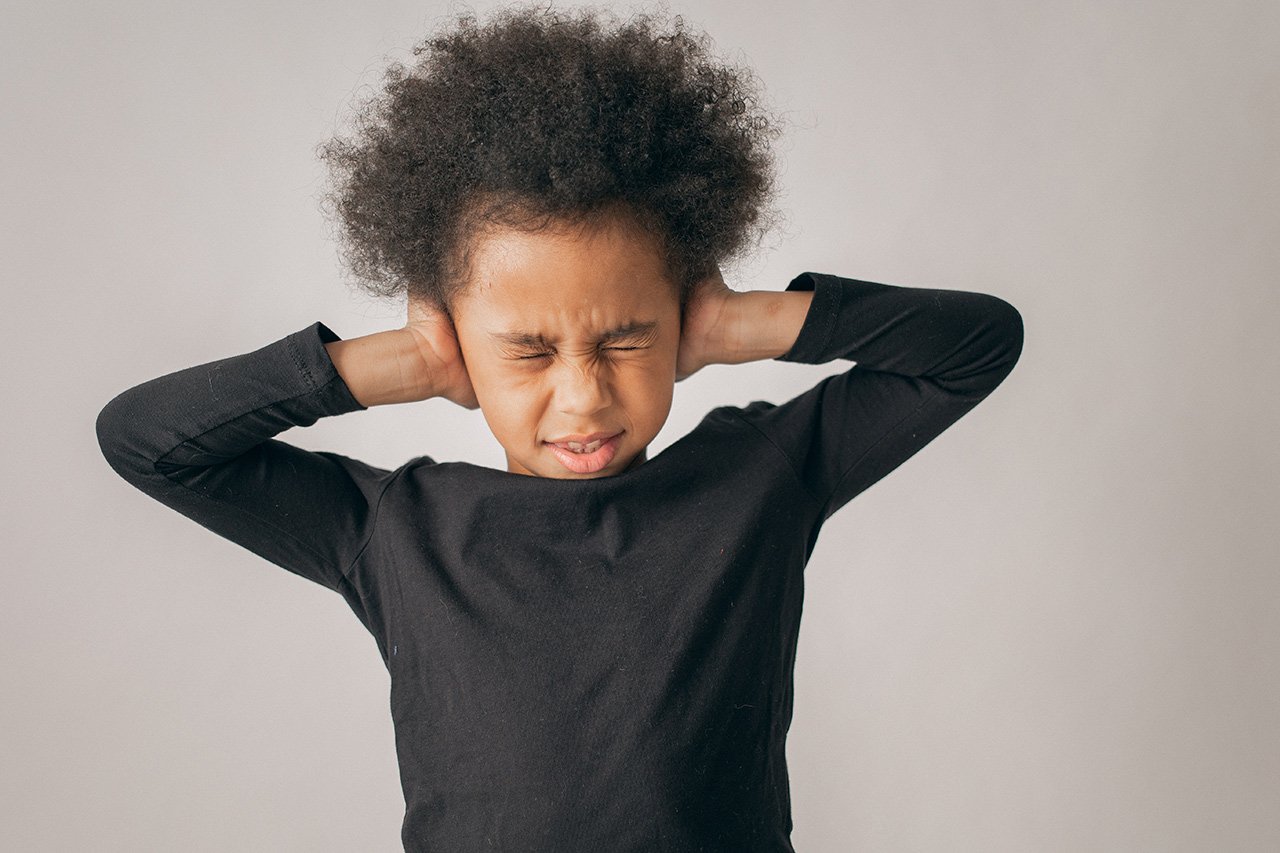
In honor of Stress Awareness Month, let’s reflect on how stress shows up in our lives. What are a few key ways we can learn to address and cope with stress and teach children to care for themselves in stressful situations? Stress is just about impossible to avoid - the unfortunate truth is that the world is full of stressful situations. While some experiences may be more acutely stressful than others, everyone has a different threshold and skill set to manage their stress levels and act appropriately under pressure. Finding healthy ways to deal with difficult situations can go a long way in living a healthy and positive life.
There is no single definition for stress, but experts typically explain stress as a form of physical, mental, or emotional strain or tension. On its own, stress is not a physical or mental illness – it is a natural way for a person’s body and mind to react to a situation that makes them feel anxious, threatened, or overwhelmed. A stressful situation can activate a series of stress hormones that lead to a physical response. Responding to stress triggers a person’s “fight or flight” response – and stress can often bring out a person’s anger, frustration, or tendency toward withdrawal.
It can be challenging to tell when a child is stressed. Young children are most likely to express stress through their bodies. Watch for changes in a child’s sleep patterns, bed wetting, stomach aches, or headaches. Chronic stress may cause a child to act out or suffer from mood swings. The more mature a child becomes, the more likely they are to display disbelief or express sadness and frustration in response to stress. Stress can also make it hard for people to focus or make decisions.
What Causes Stress in Children?
Stress can occur in people at any age. Here are some common sources of stress to look out for among young children:
- separation anxiety when their parents or trusted adults are not present or during moments when they are being separated, such as being dropped off at school or daycare
- a busy schedule that limits a child’s ability to unwind and relax
- pressure to fit in and like by their peers
- domestic disturbances, such as anger or fighting among parents, substance use in the household, domestic violence, or neglect
- world news and triggering events that children learn about on television or the internet
- grief due to a sick relative or a death in the family
How To Care for Stressed Children
In some cases, the things that cause stress in our lives are not things we have the power to change. People can avoid becoming overwhelmed at any age by recognizing when they do and do not have control and what they can let go of. Children will absorb the influences of their parents and other adults and will likely mirror a stressed adult’s behavior. If a situation is outside a parent’s control, they can focus instead on taking control of their reactions and training their mind to feel calm and present. Adults and parents should focus on managing their own stress response as a way of being responsible for the children in their care.
When it comes to helping children cope with stress, start by supporting their physical needs. Help children to eat well and get enough sleep. Be sure that they aren’t eating close to bedtime and encourage children to spend at least an hour each day exercising. Make time to talk and spend time with your children every day. Help them identify their feelings and support them in unpacking difficult situations.
If a child seems unwilling to talk about something that is bothering them, don’t force it. You’re more likely to earn their trust by spending quality time with them and creating a welcoming space. If a child is willing to share their experiences, talk about what may be causing their stress.
You can also help children become more skilled at coping by anticipating stressful situations and helping them prepare for them. For example, let a child know ahead of time when you plan on being apart or if they have a medical appointment coming up. Reassure children that it’s alright to feel frustrated, scared, lonely, or anxious and that other people share those feelings – including you.
At Maryvale, we work with children of all backgrounds to cultivate relationship skills and grow in their ability to collaborate and empathize with others. Through our Early Childhood Education program and After School offerings, we support children and their families to build curious minds and healthy habits.






